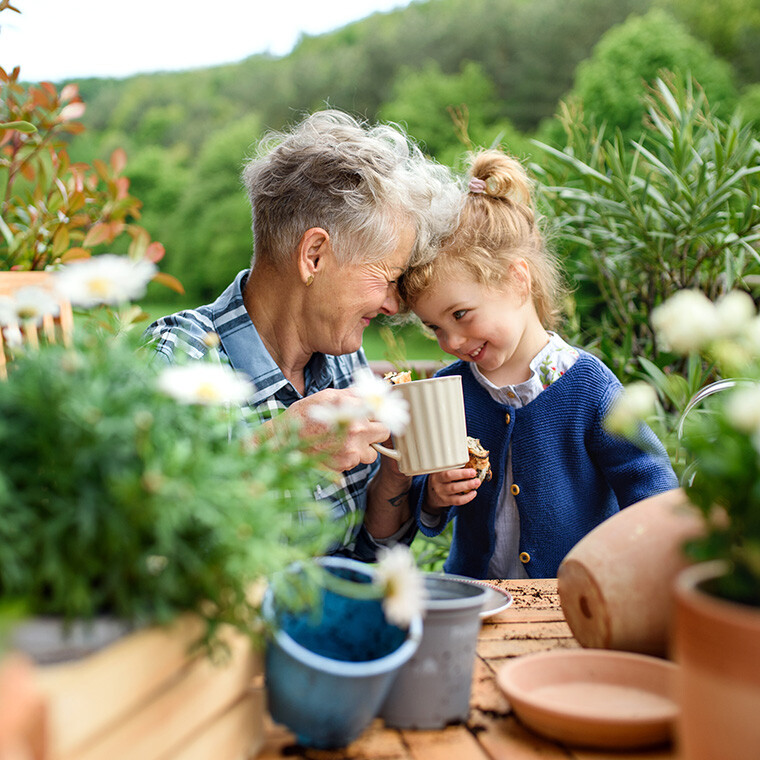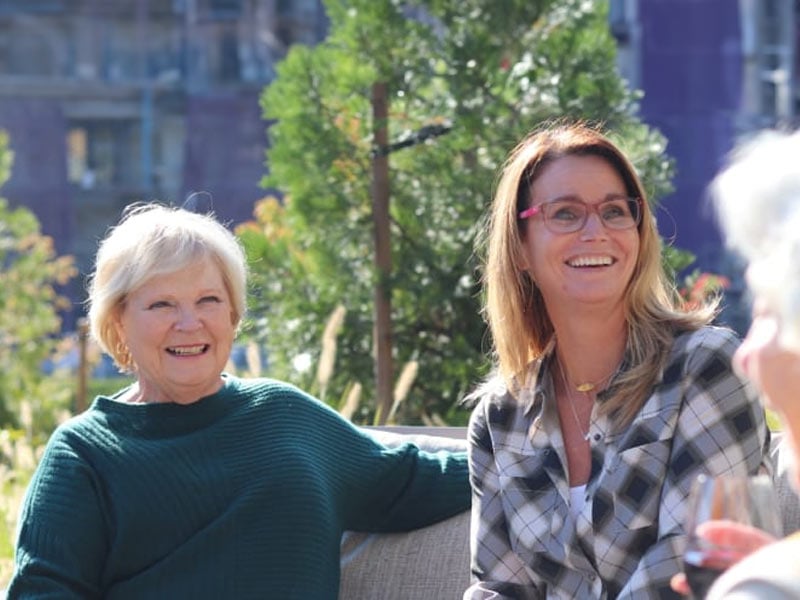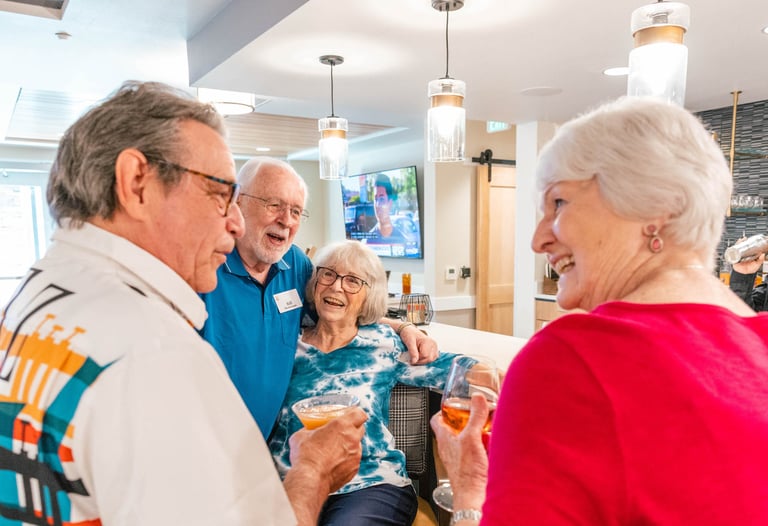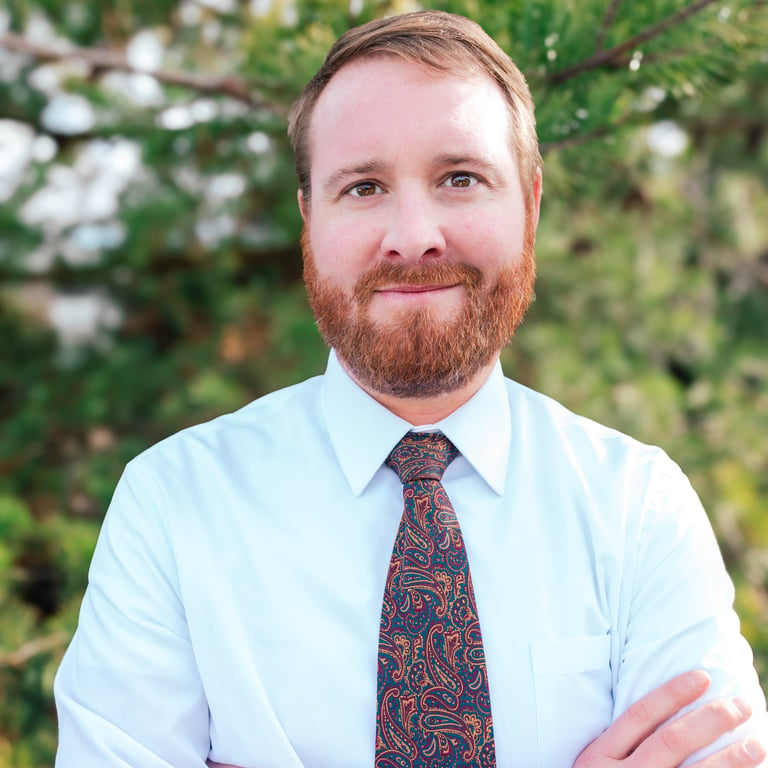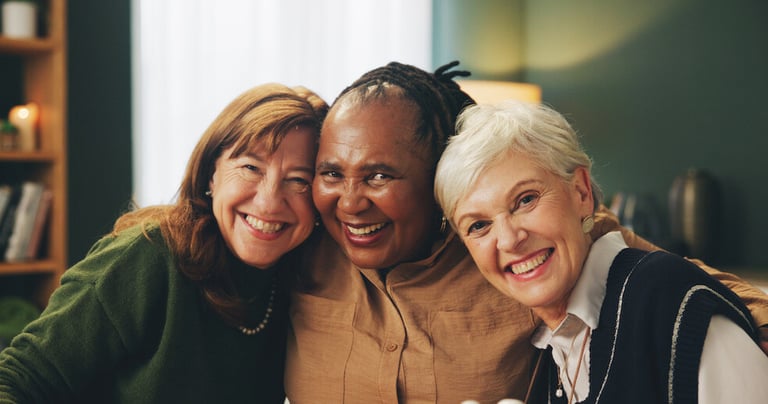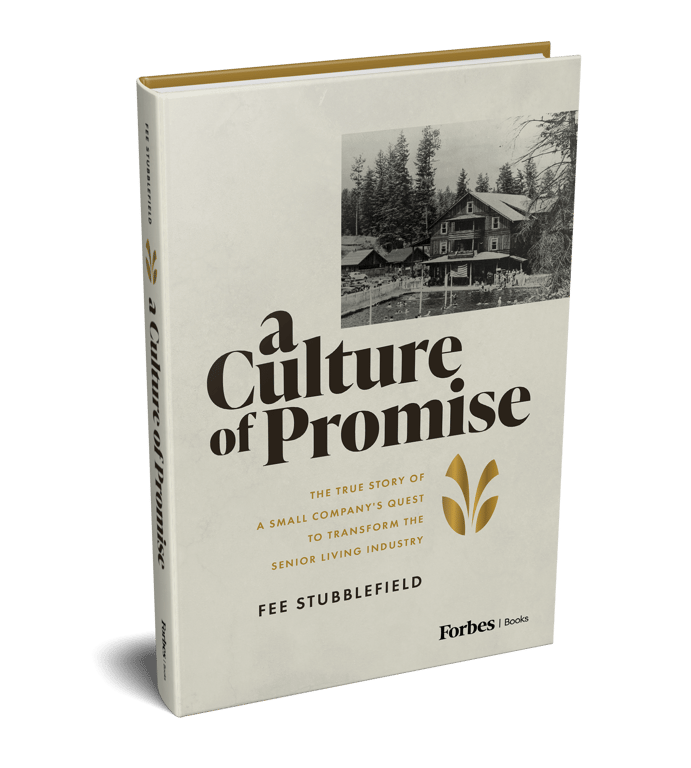New Years has become more than just a holiday for many of us. We look at New Year’s Day as a chance for a fresh start, and to accomplish this, we make resolutions. Some people resolve to focus more on their health, while others vow to make strides in their career. But this year, many people, especially those in our Springs Living communities, are opting for non-resolutions. That is- they’re making a commitment to do more for others, instead of just making a change that would benefit their own lives.
According to statistics, now is the perfect time to ditch the traditional “resolutions” in favor of “non-resolutions” because New Year’s resolutions just don’t work. According to US News, 80 percent of New Year’s resolutions don’t live to see the light of day by the second week of February. With just eight percent of resolution-makers actually following through, it’s clear that the odds are not in your favor if you choose to join the fad.
According to an Inc. report, 71 percent of Americans resolved to eat healthier in 2019. Following closely behind were exercising more and losing weight, saving money, learning a new skill, quitting smoking, and reading more. While some of these goals are attainable in theory, the fact that we set a goal for an entire year without checking our progress regularly makes a mockery of our hopes.
When we asked our residents and employees what they have resolved to do in 2020, the overwhelming majority of them said they would be spending more time volunteering. As it turns out, when you volunteer to help others, you help yourself as well. Volunteering is good for your heart and mind, and now there’s plenty of research to prove it. A recent study published in the journal BMJ Open revealed that people who volunteered reported being happier. Volunteering may “provide a sense of purpose,” the researchers wrote in the study. It also helps maintain social networks that are critical as we age.
Just ask Florence, a Whitefish, Montana native aged 87 and a resident at The Springs at Whitefish, who has been volunteering at the Historical Society Train Depot Museum for 23 years. She shares her knowledge twice a week and remarks, “I just love Whitefish. When people visit the museum I get to be a historian and share our town. It’s fun to meet the tourists and give them ideas where to spend their time during their visit.”
Keele, who works in dining services at The Springs at Veranda Park in Medford, Oregon, is a student at Central High School. Her class was tasked with finding a community project that they would all participate in. Keeley suggested making lap blankets for all of the residents of The Springs at Veranda Park, and reports that both she and her classmates felt a great satisfaction in seeing the difference they were able to make.
That’s because volunteering is a proven mental pick-me-up. When we feel empathy or act generously it can increase levels of oxytocin in the brain. Oxytocin, a hormone associated with trust and feelings of closeness (also known as the “hug hormone”), may reduce stress and increase feelings of calm.
Dale, aged 83, volunteers four days a week. This resident of The Springs at Whitefish gives two days at the hospital gift shop and two days at the food bank. “I am a people person. Being retired gives me the opportunity to make a difference and spend my time with others.” His non-resolution is to continue his volunteering efforts and continue to make people smile.
Stuart, a resident at The Springs at Veranda Park, has been volunteering with the American Red Cross for 20 years. His mother volunteered with The Salvation Army for 35 years, and his hope is to ‘give back’ as long as she did. Stuart loves to go to the Medford-area high schools to see all the students who donate 25% of the blood needed in the state of Oregon. “It feels good to do something good for others,” he reports.
Further evidence of the positive effects of volunteerism can be found in a study from Carnegie Mellon University, published in Psychology and Aging. Researchers discovered that adults over age 50 who volunteered on a regular basis were less likely to develop high blood pressure than non-volunteers. High blood pressure greatly increases the risk of serious health problems, such as heart disease and stroke.
Sewing Circle: Sock Babies for Charity is a group of Springs Living residents who come together each week to sew and create dolls made out of socks. Recipients of their “Sock Babies” have been The Children’s Advocacy Center and Access of Jackson Count. This past Christmas, 22 Sock Babies were placed in access Christmas shoe boxes and distributed to low-income and shut-in seniors. Residents who participate say the program provides purpose in their lives, and allows them “to spread the love of giving back to our community.” Each finished doll has a tag stitched onto it that reads – “Made by Grandma’s Love – The Springs at Veranda Park.”
Volunteering seems to have a wonderful affect on Mariel, who at age 91 is the President and Founder of the KnitWits2, and has no intention of slowing down in 2020. “Our group started as a passion to give back to ladies in our community. Eighteen months later, we have 12 members and have given $2571 to Casa for Kids,” says this resident of The Springs at Whitefish. “We aren’t just warming heads but changing a child’s life for the better.” Mariel says she loves the idea of “non-resolutions” and instead of looking inward prefers to look outward with renewed sense of purpose going into the New Year.
This year, instead of making a New Year’s Resolution you might not be able to attain, consider getting involved in a local charitable organization, or make it a New Year’s resolution to volunteer on a regular basis. If it’s overwhelming at first, start small. Some of our residents who volunteer on a regular basis recommend you commit to volunteering at one event to see how it feels.
Here are a few ideas to get you started:
- Help those living in shelters by prepping and serving meals
- Provide transportation services to adults ages 60 and older who are unable to drive
- Read to kids at a local school
- Assist aspiring college students or mentor those new to the workforce
- Help out at a local animal rescue organization and/or shelter, or foster an animal
In this season of resolutions, we hope you look outward, which in turn will benefit you inward.

